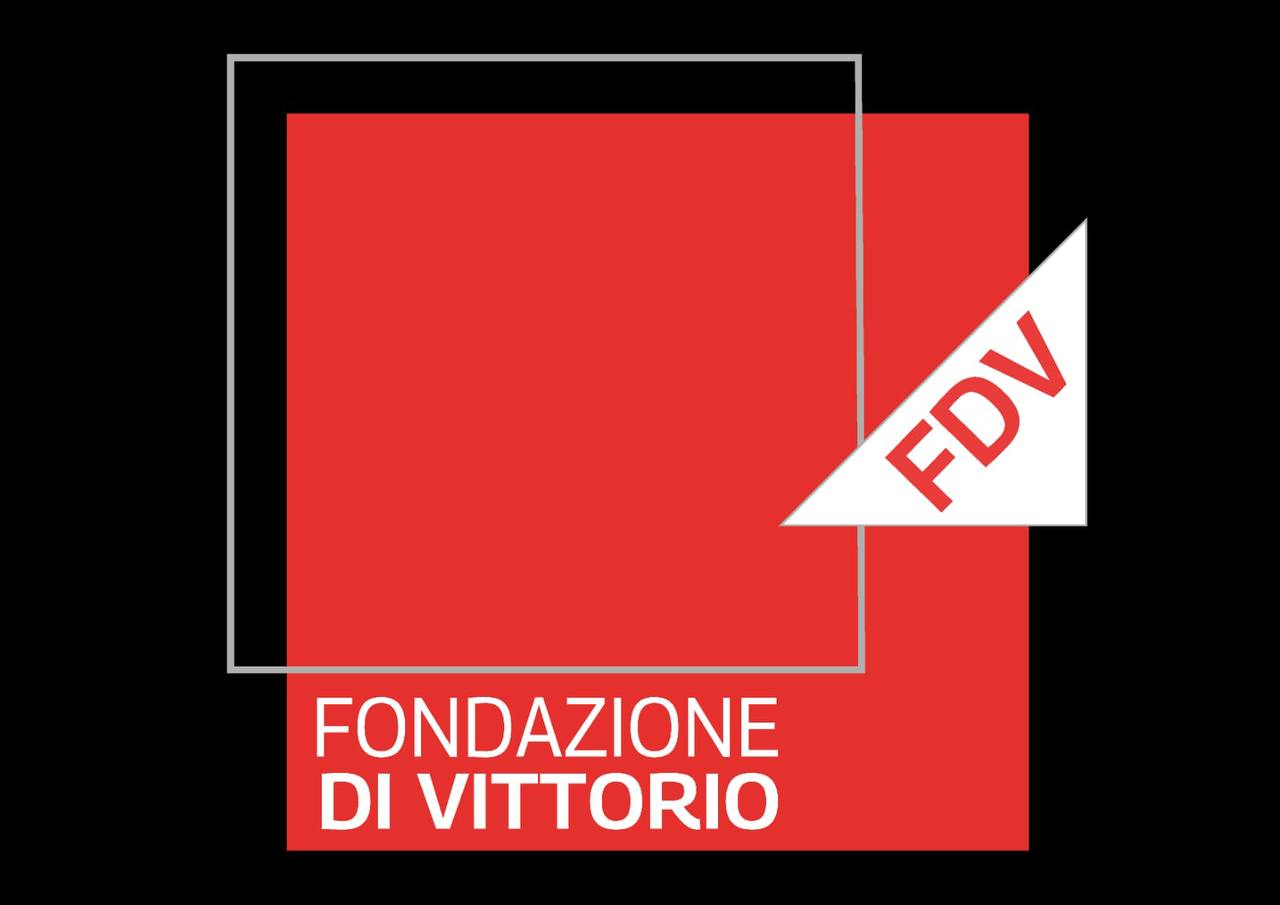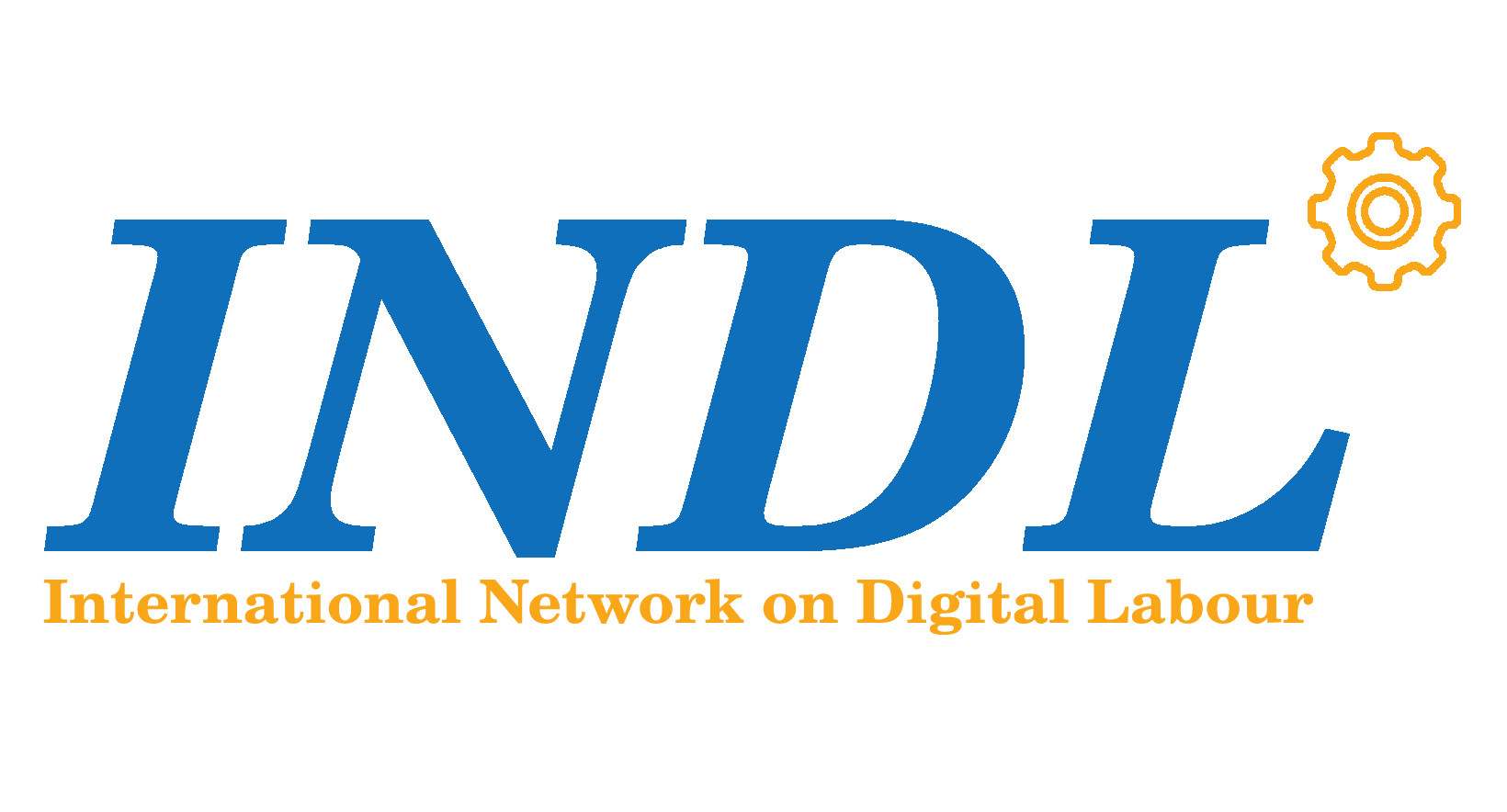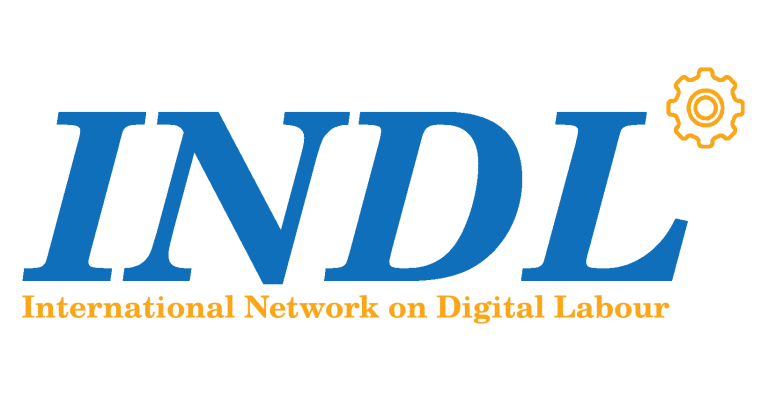INDL 8 conference
Contesting Digital Labor: Resistance, counter-uses, and new directions for research
10-12 September 2025, Bologna






Submissions are now closed, but registrations are open!
The conference is free of charge for participants, but registration is mandatory.
Keynote Speakers
María Luz Rodríguez
Property rights and monetisation of the personal data of platform workers.
Luz Rodríguez is Professor of Labour Law at the University of Castilla-La Mancha (España) and leads the research for the European project GDPoweR-Recovering workers data for the negotiate and monitor collectivive agreements in the platform economy. She has worked for the International Labour Organisation as a Senior Specialist in Labour Market Institutions and has prepared the global report ‘Decent work in the platform economy’ for this organisation. She is the author of over 200 publications, the latest of which is her book Labour Law and Decent Work in the Platform Economy (Routledge 2025). She is considered one of the leading experts in research on the impact of technology on work and social protection, particularly in relation to workers’ digital rights and work in the platform economy.

Sarah Roberts
Title TBA
Abstract TBA

Sandro Mezzadra
Title TBA
Abstract TBA

Contesting Digital Labor: Resistance, counter-uses, and new directions for research
Bologna, 10-12 September, 2025
- Emerging forms of individual and collective action in digitally mediated work
- Workers’ resistance to algorithms
- Technology as a tool for worker organizing and collective action
- Legal frameworks, regulatory initiatives, and institutional responses
- Algorithmic management and labor control
- Platform cooperativism and alternative business models
- Platformisation and precariousness
- Gender and digital labor
We also welcome submissions for a “Starting Topics” series, focusing on three emerging and currently under-researched areas that have the potential to drive meaningful progress in the field:
- the psycho-social and health-related risks of platform work
- the environmental challenges appertaining to digital labor
- the experiences, identities, purposes and viewpoints of the other “side” of the platforms, composed by clients and employers.
We invite contributions from both confirmed and more junior academic researchers (also including PhD students), and from all professionals involved in the study of these themes, also including labor organizers and other practitioners. All disciplines involved in the study of labor and/or technology are welcome, for example economics, management, political science, law, sociology, psychology, history, geography, science & technology (STS) studies, media studies, design, and computer science.
Submission Guidelines:
- Have a maximum length of 400 words
- Be written in English
- Be submitted through the conference management system SciencesConf
- Your name and affiliation
- Title
- Abstract (including research objective, methodology, main findings and/or theoretical development, and where relevant, contribution to understanding worker organizing and resistance in digital labor)
- Through a drop-down menu, you will be asked to choose from among one of the 11 topics mentioned above (the four Current, the four Legacy, and the three Starting).
- You have the option to add a comment or a supporting file if needed.
Abstract submission deadline: April 27, 2025. Submissions extended until May 5, 2025
- Registration fees and discounts
- Scholarships for Registration
- Scholarships for lodging and meals
- Logistical information
INDL-8 program
Practical Information about Bologna
INDL-8 Scientific Committee
Amir Anwar, University of Edinburgh UK
Antonio Casilli, IPP France
Federico Chicchi, Università di Bologna Italy
Mariana Fernández Massi, CONICET Argentina
Alessandro Gandini, Università di Milano Italy
Rafael Grohmann, University of Toronto Canada
Francisca Gutiérrez, UACh Chile
Julieta Longo, CONICET Argentina
Marco Marrone, Università del Salento Italy
Mila Miceli, Weizenbaum Institut Germany
Ivana Pais, Università Cattolica Italy
Manolis Patiniotis, NKUA Greece
Maurilio Pirone, Università di Bologna Italy
Julian Posada, Yale University USA
Valeria Pulignano, KU Leuven Belgium
Uma Rani, ILO Switzerland
Myriam Raymond, Université d’Angers France
Diego Rivera, FAIR Chile
Antonio Stecher, UDP Chile
Paola Tubaro, CNRS France
Alan Valenzuela, UAH Chile
Matheus Viana Braz, UEM Brazil
Iraklis Vogiatzis, NKUA Greece